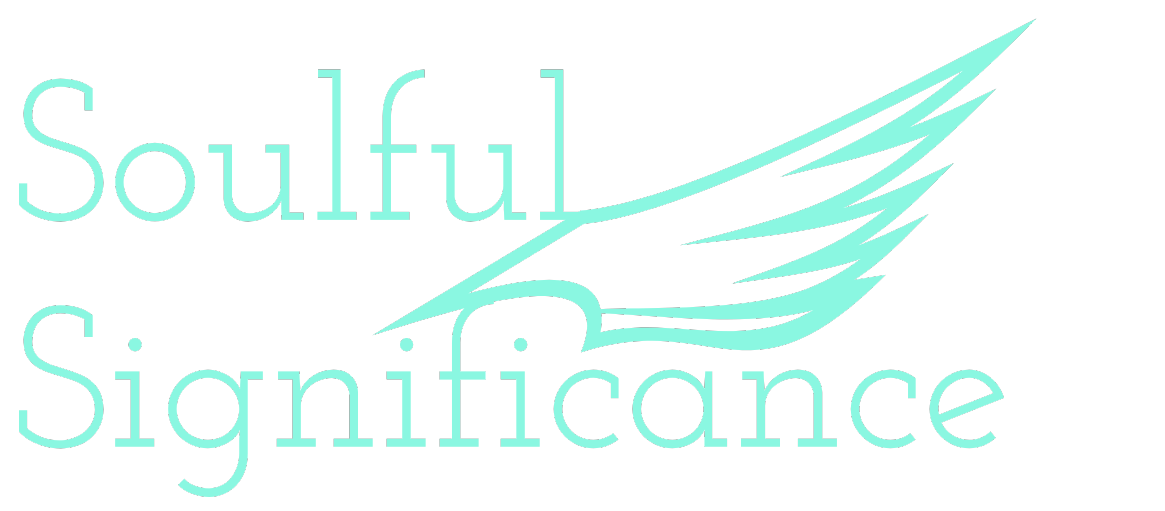Dream About Something That Already Happened
You've likely experienced it before – a dream that feels eerily familiar, like a scene from a movie you've seen before. But this time, it's not a fictional story; it's a memory from your past, replayed with uncanny precision in your subconscious mind. You wake up wondering, why did your brain choose to relive that specific moment? Was it simply a random firing of neurons, or is there more to it? As you ponder the significance of this dream, you can't help but feel that there's more to uncover, and that's exactly what you're about to discover.
At a Glance
- Dreams about past events can evoke strong emotions, even years later, due to connections between past events and present emotions.
- Mental snapshots can be triggered by various stimuli, transporting individuals back to a specific time and place, reliving the experience.
- The brain replays and revises previously experienced events during dreaming, refining connections between neurons and solidifying learning and memory.
- Examining dreams about past events can uncover underlying fears, desires, and hidden insights, waiting to be tapped and explored for personal growth.
- Reliving joyful memories through dreams can recapture emotions and sensations, strengthening sense of well-being and resilience, and providing a mental escape.
Unraveling the Mystery of Memory
Two fundamental questions have puzzled scientists and philosophers alike: how do we form memories, and how do we retrieve them?
You might be surprised to learn that the process of forming memories isn't a single event, but rather a complex process called memory consolidation.
This process involves the gradual transfer of information from your short-term memory to your long-term memory, making it more stable and resistant to forgetting.
When you recall a memory, you're engaging in a process called mental time travel.
You're basically re-living the experience, re-activating the neural pathways that were initially formed during the event.
This process allows you to re-experience the emotions, sights, and sounds associated with the memory.
But how does your brain manage to reconstruct these experiences with such precision?
The answer lies in the intricate neural networks that are formed during memory consolidation.
The Brain's Recycling Program
Frequently, your brain engages in a remarkable process that helps you learn and remember new information: neuronal recycling.
This process involves reorganizing and strengthening connections between neurons, making it easier to retrieve information later. During sleep, your brain waves slow down, and this allows for the consolidation of memories, making them more resistant to memory lapses.
When you dream, your brain replays and revises previously experienced events, refining the connections between neurons.
This process helps solidify learning and improves memory retention. It's like your brain is filing away important information, making it easier to access later.
Neuronal recycling also helps eliminate unnecessary neural connections, streamlining your brain's processing power.
This efficient use of brain resources enables you to learn and adapt more quickly. By understanding how your brain recycles information, you can optimize your learning and memory capabilities, reducing the likelihood of memory lapses and improving overall cognitive function.
Past Events, Present Emotions
Memories of past events can evoke strong emotions, even years after the fact. You may find yourself reliving a joyful moment or re-experiencing the pain of a traumatic event.
These mental snapshots can be triggered by various stimuli, transporting you back to a specific time and place. As you reflect on these memories, you may realize that the emotions associated with them are still present, lingering like emotional baggage.
This phenomenon isn't unique to dreams; it's a common experience in waking life as well. You may catch a whiff of a familiar scent and suddenly be transported back to a childhood memory.
Or, you may hear a song that reminds you of a past love, evoking feelings of nostalgia or heartache. In both cases, the emotional response is real, even if the event itself is in the past.
Understanding the connection between past events and present emotions can help you process and release any lingering emotional baggage.
Triggers of Deja Vu Dreams
Often, deja vu dreams can be triggered by subtle cues that evoke a sense of familiarity, making you feel like you've lived through the experience before.
These cues can be internal, such as a specific emotion or sensation, or external, like a particular smell or sound. When you're exposed to these cues, your brain rapidly searches through your memories to find a match, resulting in that eerie feeling of deja vu.
In some cases, deja vu dreams can be related to precognitive dreams, where your subconscious is processing information and foreshadowing events that have yet to occur.
This can lead to a sense of familiarity when the event eventually happens in real life. Improving your dream recall can help you better understand the triggers of deja vu dreams and potentially reveal the hidden meanings behind them.
Unlocking Subconscious Thoughts
Your subconscious thoughts can be a treasure trove of hidden insights, waiting to be tapped and explored.
By examining your dreams about something that already happened, you may uncover underlying fears and desires that influence your waking life.
This self-reflection can be a powerful tool for personal growth and understanding.
When you excavate into your subconscious thoughts, you may discover hidden desires that you've been suppressing or subconscious fears that have been holding you back.
These revelations can be both empowering and liberating, allowing you to confront and overcome obstacles that have been hindering your progress.
By acknowledging and addressing these hidden aspects of yourself, you can develop a greater sense of self-awareness and emotional intelligence.
As you explore your subconscious thoughts, remember to approach the process with kindness and compassion.
Acknowledge your fears and desires without judgment, and work to integrate them into your conscious awareness.
Reliving Joyful Memories
Through the lens of your dreams, you can relive joyful memories with vivid detail, recapturing the emotions and sensations that made them so special.
This phenomenon is often referred to as happy nostalgia, where your subconscious replays fond memories, allowing you to re-experience the joy and contentment associated with them.
Memory replaying can serve several purposes.
It can:
- Reinforce positive emotions, strengthening your sense of well-being and resilience
- Provide a healthy distraction from daily stressors, offering a mental escape
- Facilitate personal growth, as you reflect on experiences that shaped you into the person you're today
Confronting Past Traumas
Painful memories can resurface in your dreams, forcing you to confront past traumas that may have been buried deep within your subconscious.
These dreams can be unsettling, but they can also serve as an opportunity for healing and growth. When you confront your painful memories, you acknowledge the emotional scars they've left behind.
This acknowledgment is the first step towards processing and releasing the pent-up emotions associated with those traumas.
It's essential to recognize that your dreams aren't trying to torment you, but rather, they're attempting to bring unresolved issues to the surface.
By confronting your past traumas, you can begin to heal and move forward. This process may not be easy, but it's vital for your emotional well-being.
Remember, you've survived the traumatic event itself; now, it's time to confront the emotional residue it left behind.
Deciphering Hidden Messages
As you begin to confront and process your past traumas, you may start to notice recurring themes or symbols in your dreams that don't quite make sense at first glance.
This is where dream analysis comes in – a powerful tool to uncover the symbolic meaning behind these seemingly nonsensical elements.
When deciphering hidden messages in your dreams, crucially, you need to look beyond the surface level.
Ask yourself:
- What emotions did I experience during the dream?
- Are there any personal connections to the symbols or themes that appeared?
- How do these elements relate to my waking life and current struggles?
FAQs
Can Recurring Dreams of Past Events Predict Future Happenings?
You wonder if recurring dreams of past events can predict future happenings. Analyzing past reflections and memory echoes, you'll find that dreams often process unresolved emotions, but predicting the future is still uncertain, leaving you to separate intuition from coincidence.
Do Deja Vu Dreams Occur More Often During Certain Life Stages?
As you navigate life, you'll notice deja vu dreams tend to increase during major milestones and life metamorphoses, such as graduation, marriage, or career shifts, when your brain is processing significant changes and adapting to new realities.
Can Dreams About Past Events Trigger Real-Life Skill Recall?
You may wonder if reliving past events in dreams can help you recall real-life skills. Research suggests that memory consolidation during REM sleep can reinforce skill mastery, making it possible for dreams to trigger recall of previously learned abilities.
Are Dreams About Past Events More Vivid During Certain Sleep Stages?
You'll find that dreams are more vivid during certain sleep stages, specifically those with high sleep quality, as memory consolidation occurs, strengthening neural connections, making past event recall more intense and detailed.
Can Dreams About Past Events Influence Our Moral Compass?
You ponder whether your dreams can shape your moral compass, and the answer is yes. Through moral lessons and personal growth, your subconscious mind refines your values, guiding you towards a safer, more compassionate path, even in the waking world.

I’m Eliza Trinity, a spiritual guide and writer at SoulfulSignificance.com, where my mission is to illuminate the path of spiritual fulfillment through Christ’s teachings. With a Theology degree and a counseling background, I blend biblical wisdom with real-world insight to support those on their journey to discovering their soul’s significance.



